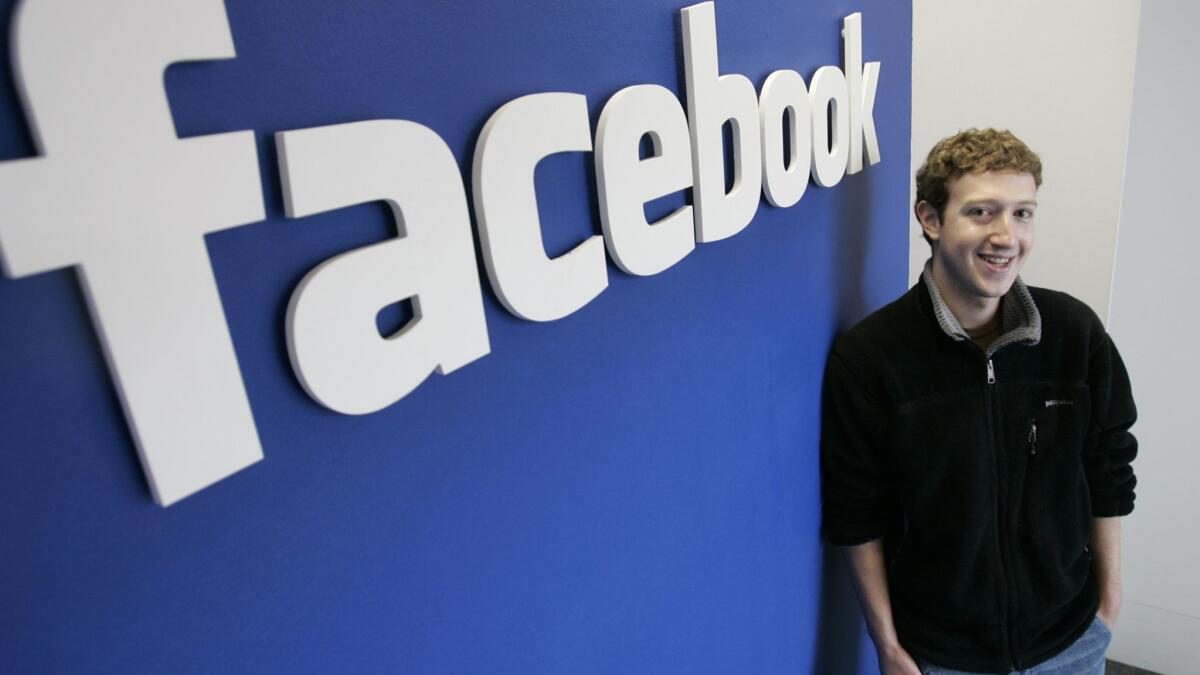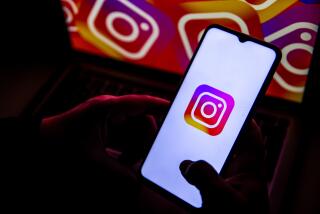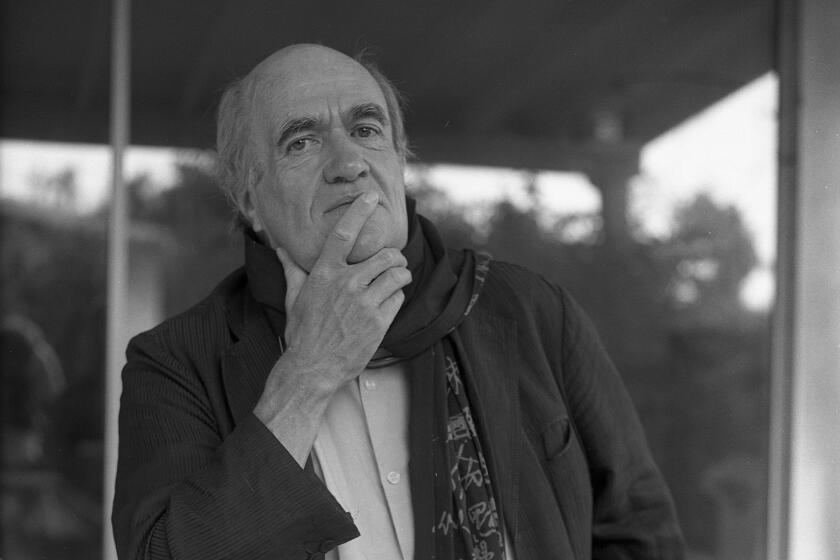Opinion: Facebook is awful and only getting worse, and I’m never leaving

It’s been over six weeks since I got good and fed up. Facebook has been a garbage company for most of its 15 years; while I’m prone to an “overboard gripe” (phrase provided by a former editor), this increasingly feels less a position than a statement of fact. Many more principled friends had left the platform earlier, dropping off quietly or with final posts telling us how else to reach them. But it was the banger New York Times report on Dec. 18 that revealed my personal limit. Facebook “partners” like Netflix and Spotify had been allowed to read, write, and delete users’ private Facebook messages in order to provide Facebook’s Messenger service on their sites. My messages aren’t saucy, they’re banal. (Or they were. Now, they’re deleted.) But the idea that an unrelated streaming company could read them — and that Facebook would sell them that power — was and remains infuriating.
I hastily composed a post telling my “friends” that I’d be wiping all my data, making myself unsellable.
I didn’t, of course. I’m still on Facebook, with just as much shared as before. (And a few new posts, for which I have only myself to blame.)
:::
Here’s what happened when I tried to leave Facebook. Well, “leave” is a strong word; I knew I could never leave. I’m the administrator on a company page and, in order to pay my rent, need to remain one. If you’re a small-business owner, media worker, or assistant, you may already know how you’re locked in there. In order to run a business page, you need a personal account. And in order to have a personal account, you need to use your real name.
Enter the Fray: First takes on the news of the minute »
So I set out to do the next best thing: download all of my data and wipe my page clean. The first piece is intuitive enough. You trawl through the “settings section” and invite the company to prepare a ZIP file, which you can then download. I attempted this at least three times on Dec. 18, and at least three times I was offered a file that contained everything but my photos, the only data I was actually after. Susan Glick, a spokeswoman for the company, told me this was a “temporary error caused by an outage in part of our infrastructure”; it has since been resolved, at least on my account. But the average user doesn’t have access to the Facebook PR team, and the standard methods of lodging complaints don’t work. Everything I learned about the process, including that I needed to download a different browser to initiate it, came from non-Facebook-hosted message boards, where the fellow panicked and frustrated convene to scream into the void, together.
:::
I had downloaded the data, now I needed to delete Facebook’s store of it. The second piece is where you start to question your own intelligence or the depths of corporate sadism, depending on which direction your fury naturally faces.
There is no way to mass delete your photos. You can delete them one by one by clicking on each photo or via the activity log. On Dec. 18, I attempted the former and managed to delete an album’s worth of individual photos in an hour’s time; if, like me, a decade ago you thought every dumb moment was worth sharing, that leaves you with days of work ahead. In the intervening weeks, the option to delete a whole album has now emerged on my account, but not all albums in one righteous sweep. As to your other data, Glick suggests retroactively setting the audience of past posts to “only me” or deleting them altogether via the Activity Log. Not only am I — a somewhat tech-competent 31-year-old woman who understands the internet — unable to figure out how to do this efficiently, it doesn’t address the issue. I’m not trying to hide who I am or how I think from my friends. I’m trying to hide it from Facebook.
Does this sound granular? It was, it is. In an effort not to bore you to tears, I’m skipping myriad other hoops I’ve jumped through and walls I’ve slammed up against in this process. With the company’s PR team on the line functioning as personal conscious uncoupling advisors, I remain confused. If you’re a regular user with issues, you have two options. One: Register your complaint via the support inbox. “Your feedback will be used to improve Facebook. Thanks for taking the time to make a report,” says the auto-reply bot. Individual messages cannot be responded to, it notes, which means no help will be forthcoming. Two: Search the Facebook help boards, where team members tend to answer different questions than they are asked. (For instance, a user will ask how to download and delete all photos prior to a specific date, and a support agent will direct the user to instructions on how to delete one photo at a time.)
I imagine this like an ultra-light version of divorce; after you’ve made the decision, you’re stuck with the process. The process is dull and, better yet, it drags on.
:::
Focusing on the technical frustrations obscures the individual connective element. Even if I could have deleted my account, there are things I would miss by leaving. I lived in Rwanda for a spell; my generation of Rwandans largely don’t use Instagram the way they use Facebook. (Even if they did, Instagram is owned by Facebook and, according to reporting by TechCrunch, Facebook brass is pushing Instagram toward ever-more-comprehensive integration.) I have a massive extended family, spread across Canada and the United States; I want to keep tabs on my aunts and cousins without picking up the phone every day. Then there’s the personal self-interest: I enjoy sharing text — articles, other people’s poems, my own inane reflections. And the professional self-interest: If I nuked the separate page I use to share my freelance work, I’d no longer be in ongoing conversation with those whose views I value most.
It’s a long story, told personally as that’s the only way I can tell it. Many others I know have their own bugs, their own inextricable ties, their own values in question.
The short version is this: For now, potentially forever, you can find us on Facebook.
More to Read
A cure for the common opinion
Get thought-provoking perspectives with our weekly newsletter.
You may occasionally receive promotional content from the Los Angeles Times.







